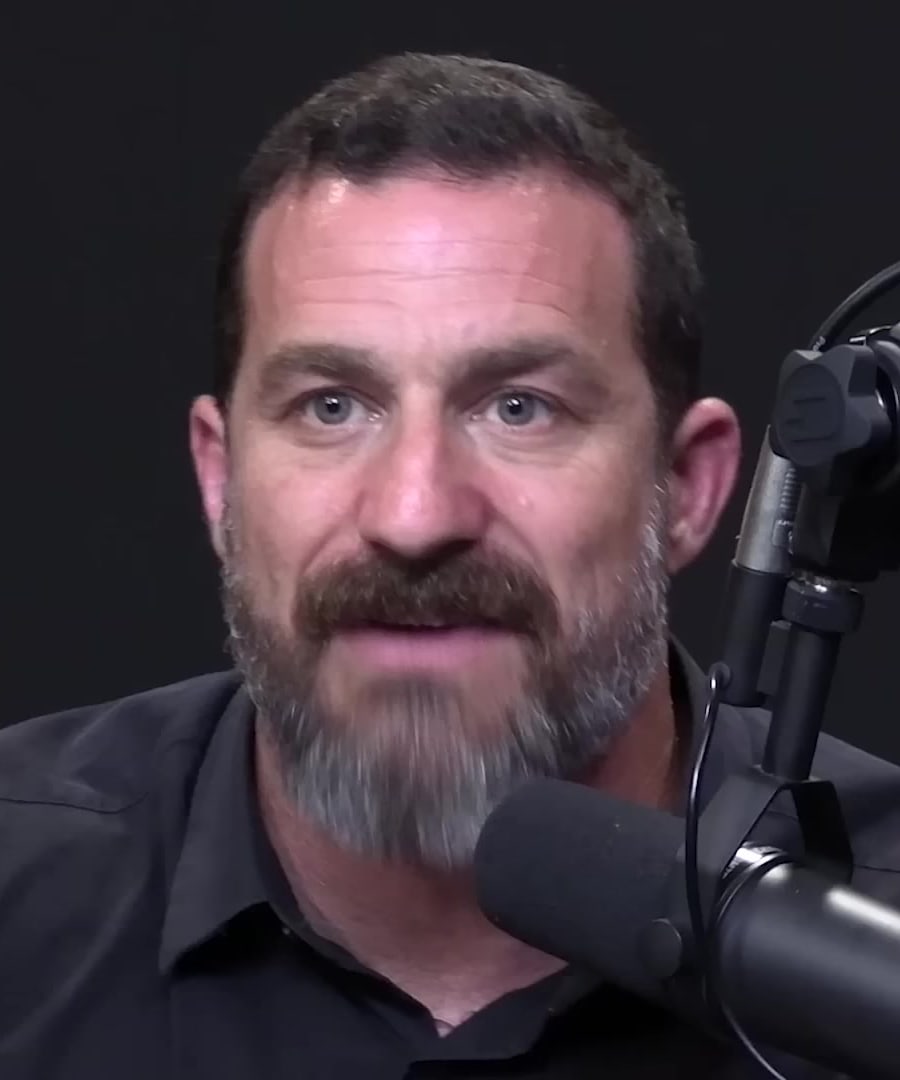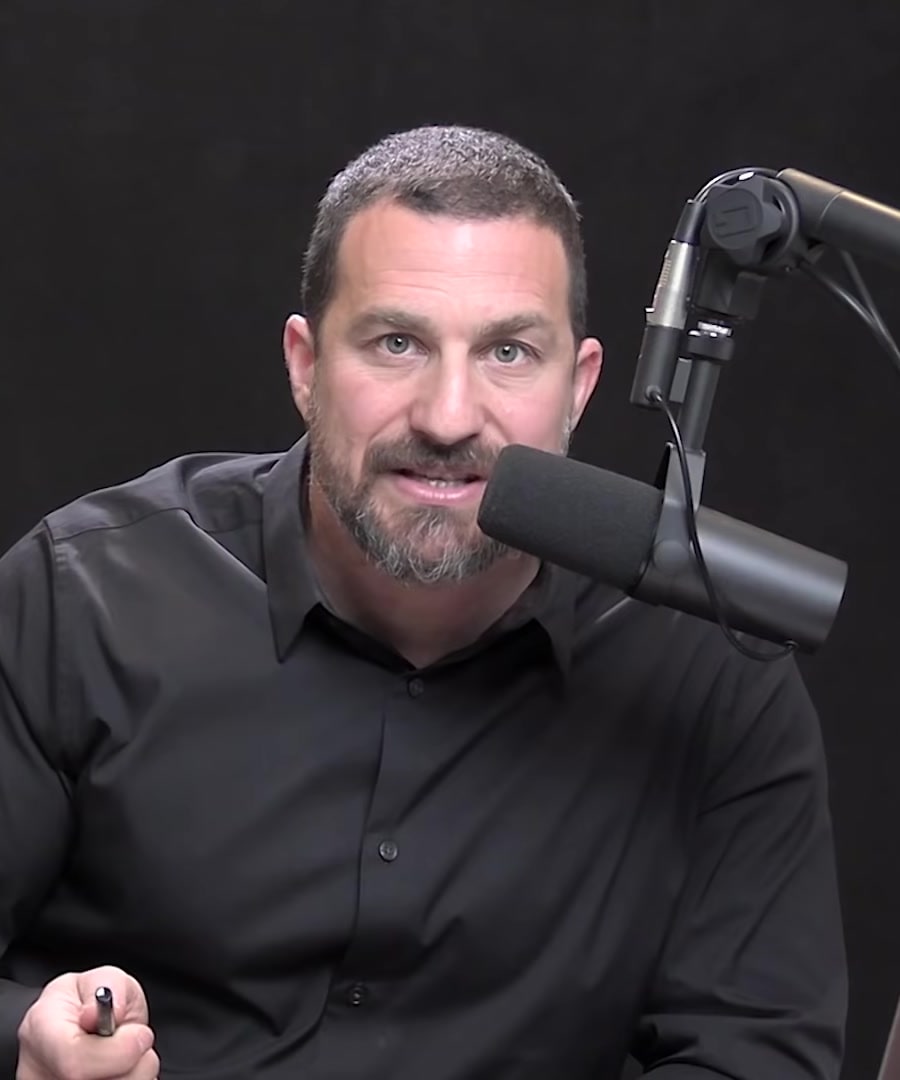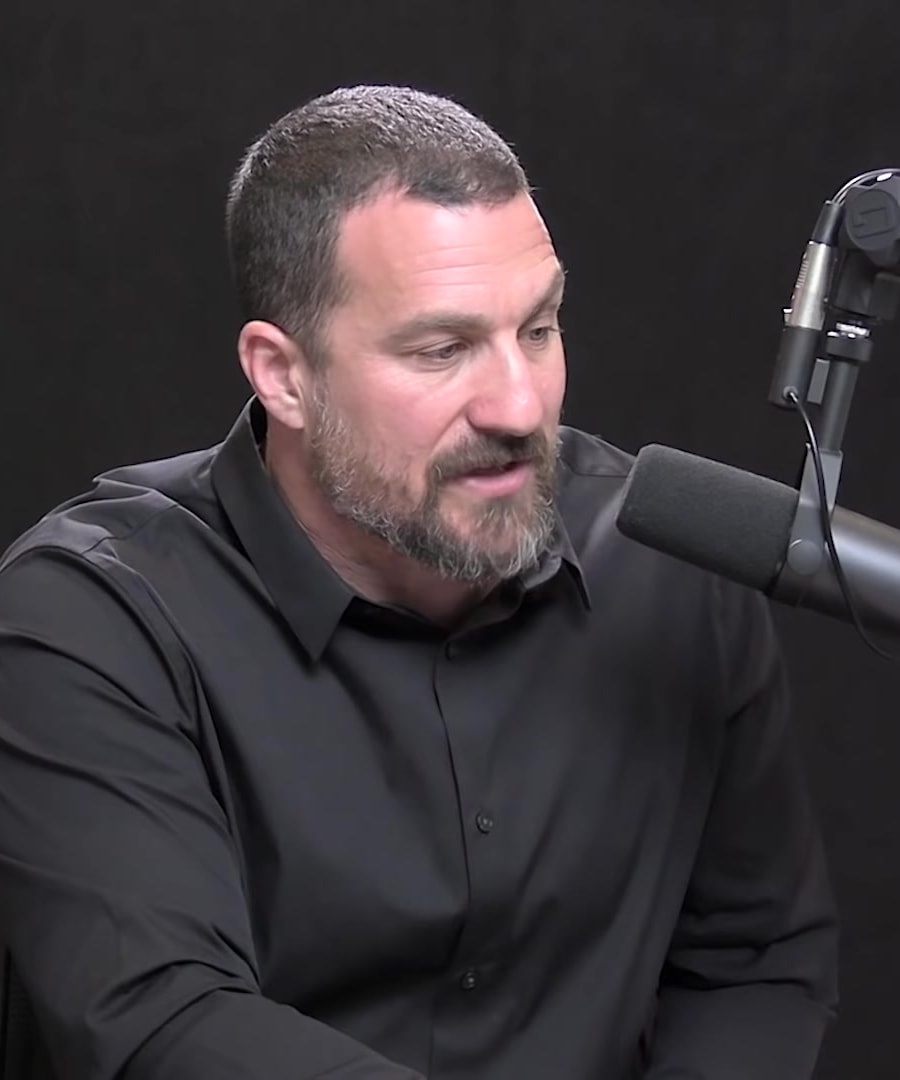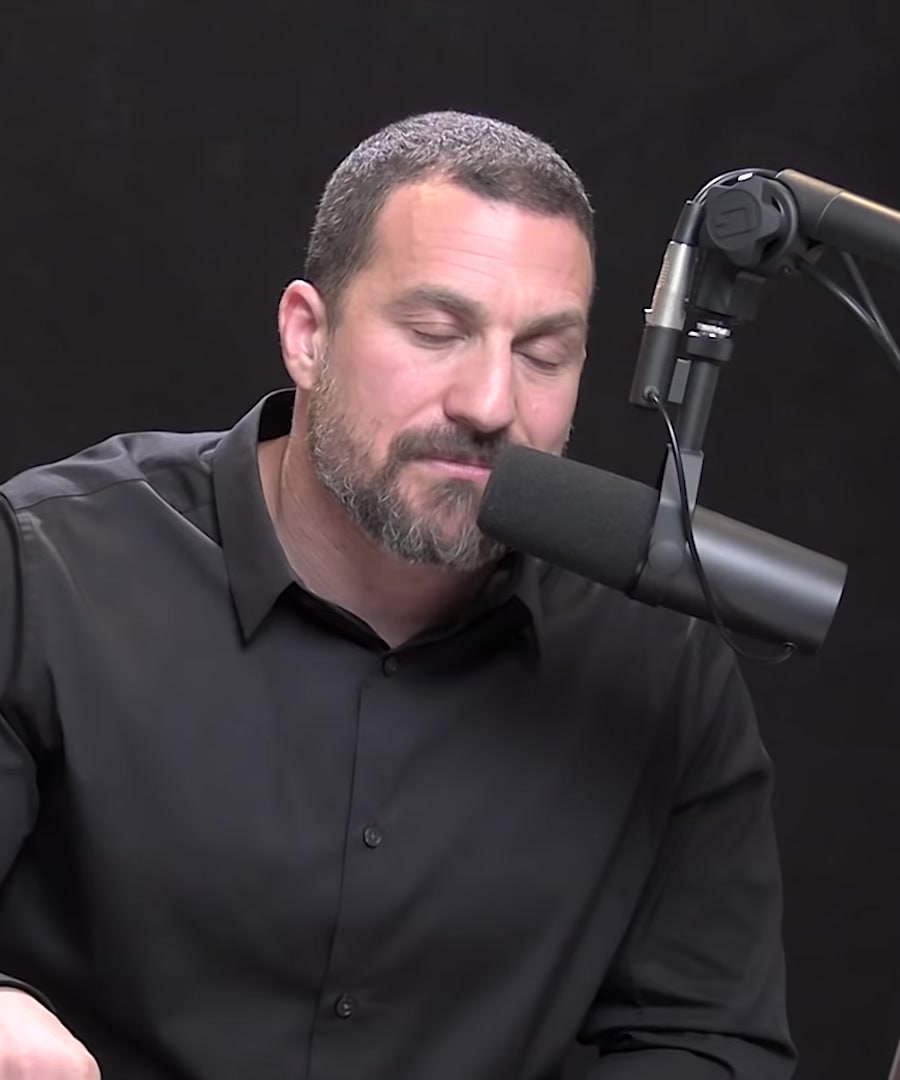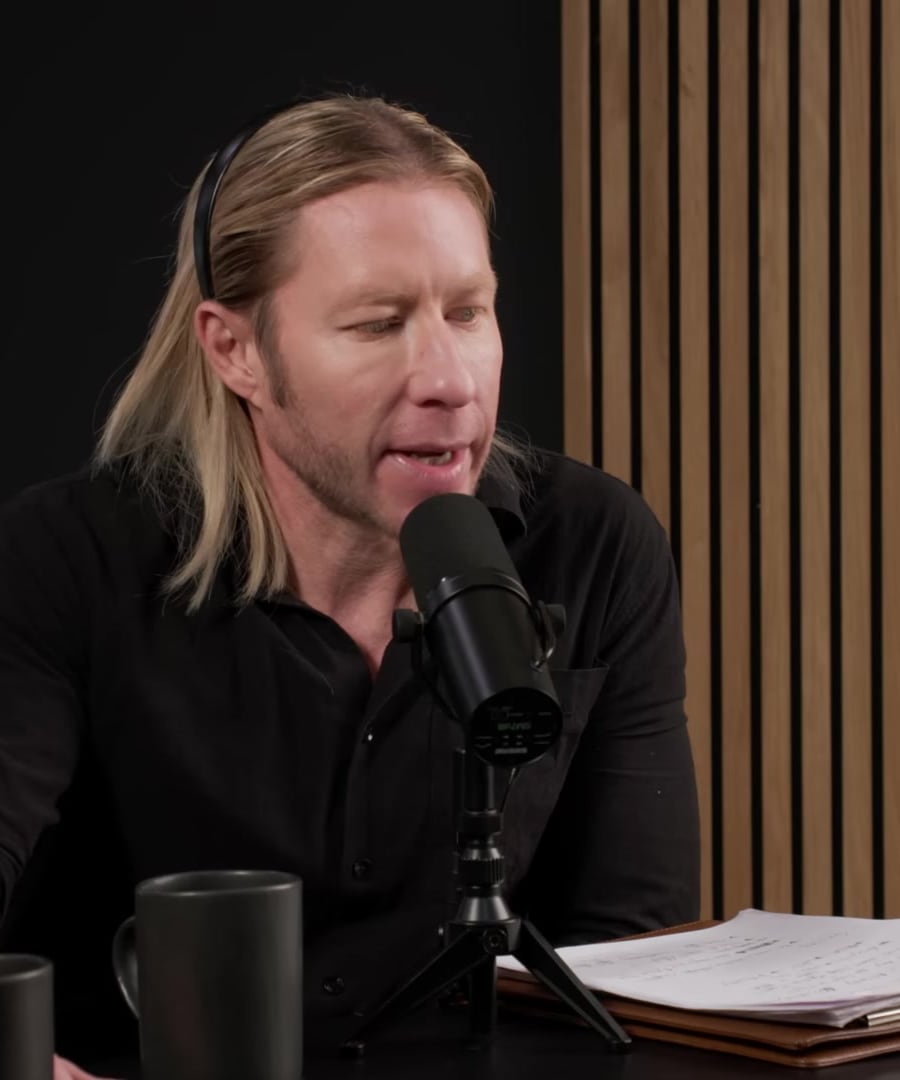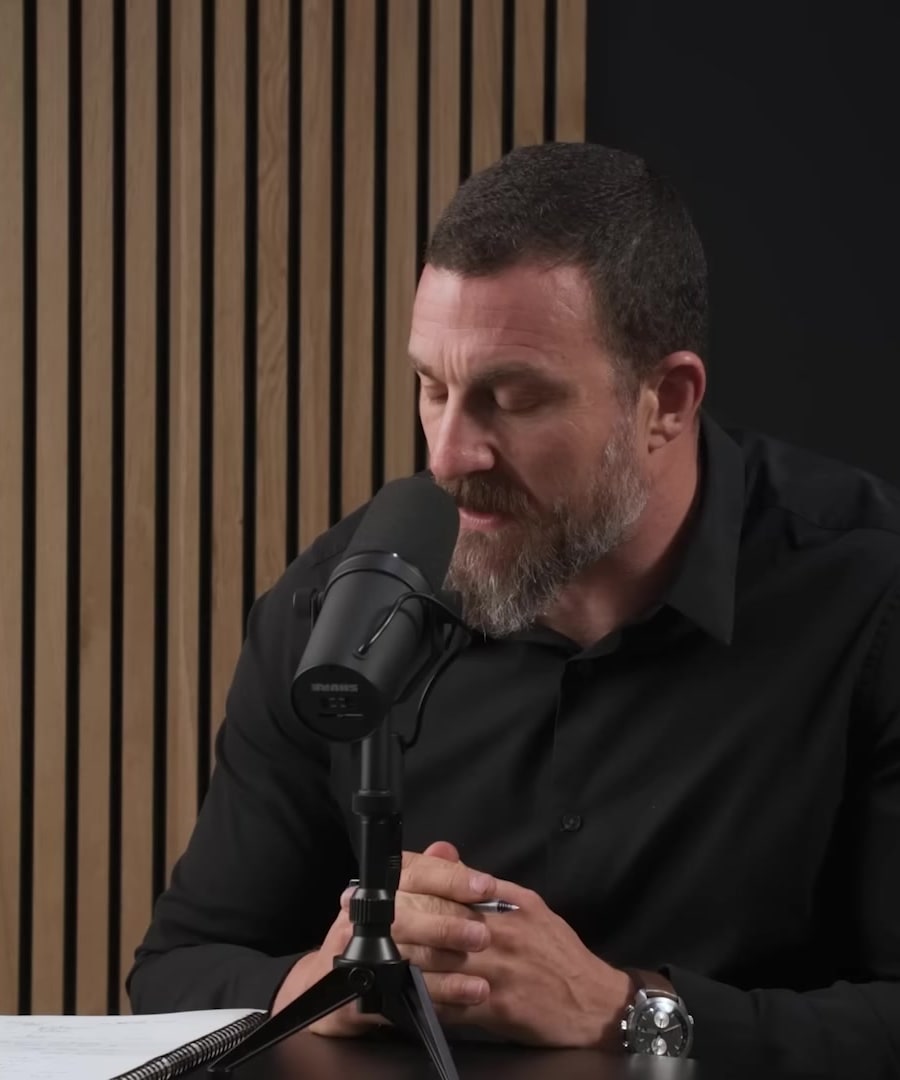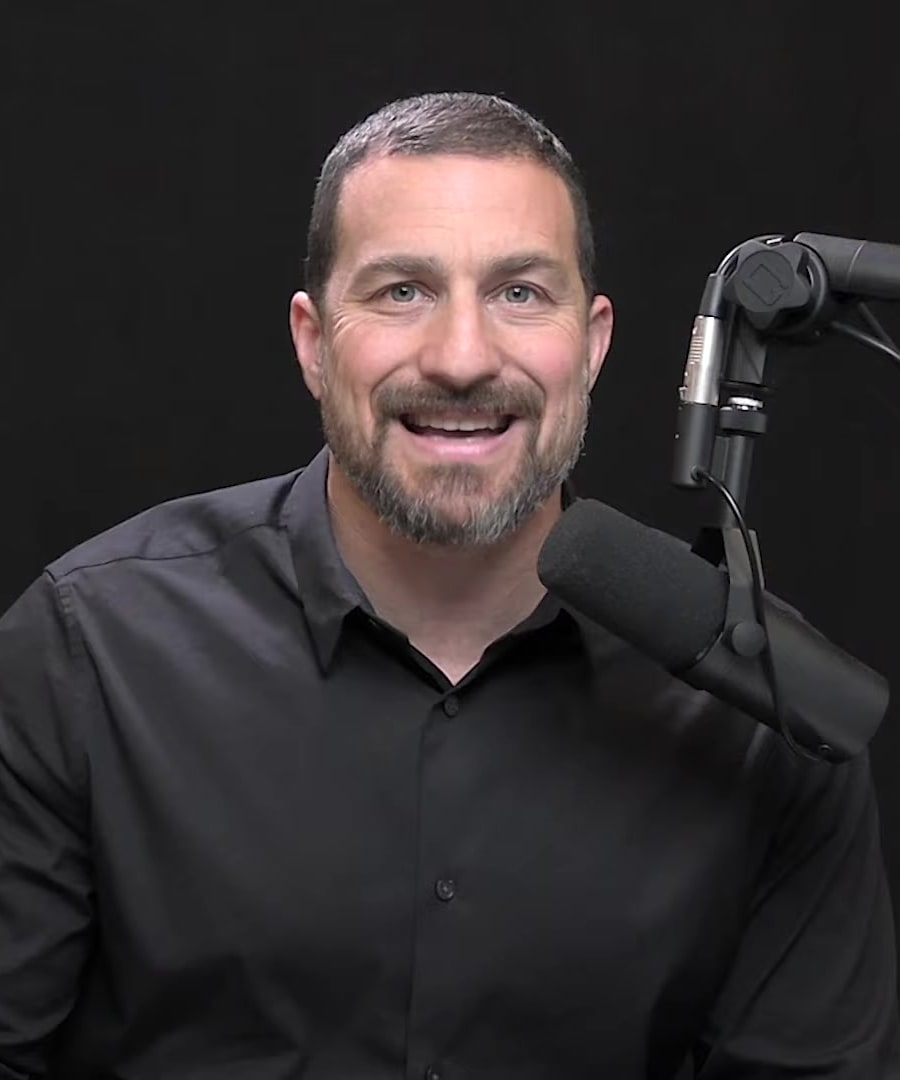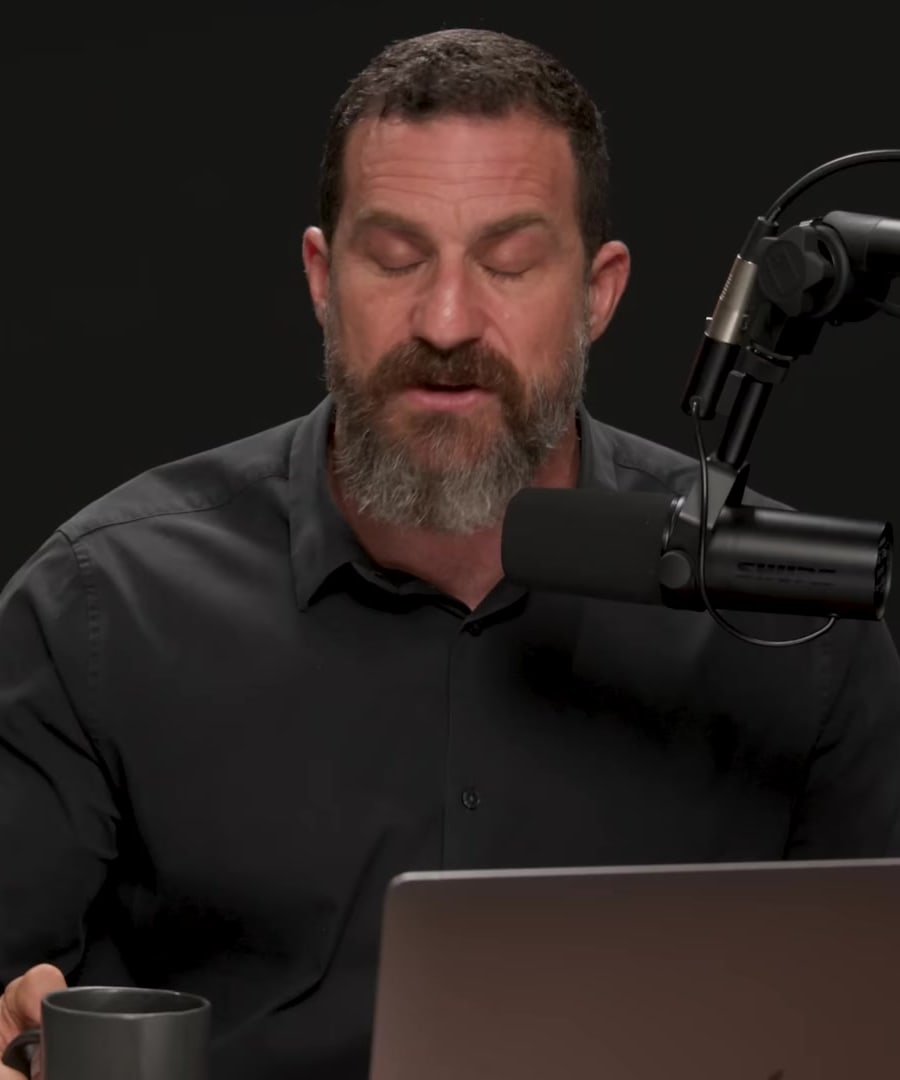How to reduce anxiety
Sources:
To reduce anxiety, offers several practical strategies:
-
Physiological Sigh: This breathing technique involves taking two inhales through the nose followed by a long exhale through the mouth. It's considered one of the fastest ways to reduce anxiety in real time 1 2.
-
Music: Listening to calming music, such as the song "Weightless" by Marconi Union, has been found to reduce anxiety by up to 65% in just three minutes, comparable to the effects of some benzodiazepines 1.
-
Supplements: Ashwagandha can lower anxiety and cortisol levels significantly. It's recommended to use it during particularly stressful times rather than continuously 3. L-Theanine, another supplement, can enhance relaxation and improve sleep quality, helping manage chronic stress 4.
-
Improving Sleep Quality: Quality sleep, especially non-REM sleep, plays a crucial role in reducing anxiety. Focusing on continuous, deep sleep can serve as a natural buffer against anxiety 5.
-
Physical Environment: Creating a calming space with comforting cues, such as photographs that bring positive memories, can help reduce stress and anxiety 6.
Implementing these strategies regularly can help in managing and reducing anxiety effectively.
RELATED QUESTIONS-
Music to listen for sleep
Sources:
discusses using meditation apps like Headspace to guide meditation practices, which can enhance cognitive function and facilitate relaxation, potentially aiding with sleep 1. While specific music is not mentioned in the retrieved data, incorporating meditative audio or calm soundtracks through applications may help improve sleep quality by creating a relaxing environment.
RELATED QUESTIONSWhat are recommended playlists for sleep?
Sources:
It seems the retrieved data does not specifically mention playlists recommended for sleep. However, emphasizes the importance of relaxation techniques and non-sleep deep rest practices, such as Yoga Nidra and NSDR, available online 1. These practices can be accompanied by guided meditations or calm audio content to aid relaxation and sleep.
For more tailored suggestions, exploring playlists on platforms like YouTube or Spotify labeled as "sleep music" or "relaxation soundtracks" might be beneficial.
RELATED QUESTIONS
How to reduce anxiety
- RELATED QUESTIONS
Music to listen for sleep
- RELATED QUESTIONS
What are recommended playlists for sleep?
- RELATED QUESTIONS
